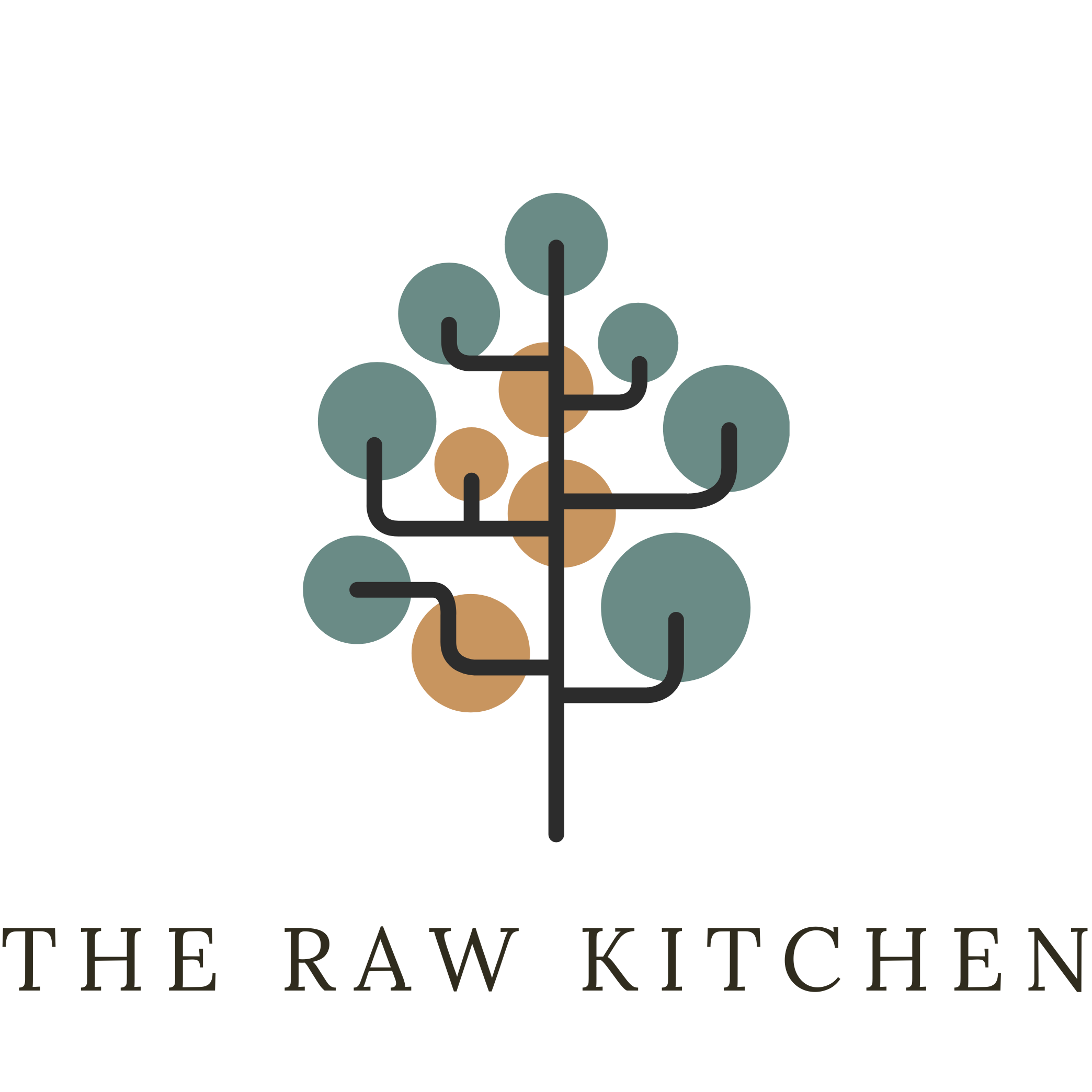
Is Crohn’s Treatable Naturally?
The number of people I speak to who mention they have Crohn’s disease or some form of Inflammatory Bowel Disease (IBD) is staggering—and it only seems to be getting worse. Since many of my readers may be dealing with digestive issues, I wanted to address this topic in detail.
Crohn’s disease is a chronic inflammatory condition affecting the digestive tract, leading to abdominal pain, diarrhoea, fatigue, and weight loss. While there is no known cure, many people successfully manage symptoms and achieve long-term remission through diet and lifestyle changes.
A functional medicine approach focuses on addressing the root causes of inflammation—such as gut health, bacterial imbalances, and toxin exposure. Here are some key natural strategies for managing Crohn’s disease.
Dietary Approaches for Managing Crohn’s Disease
1. The Autoimmune Paleo Protocol (AIP) – Reducing Gut Inflammation
The AIP diet is designed to reduce inflammation by eliminating foods that trigger immune responses and gut irritation.
🔴 Avoid:
❌ Gluten, dairy, grains, legumes
❌ Processed foods and refined sugars
❌ Nightshade vegetables (tomatoes, peppers, aubergines)
✅ Eat:
✔ Organic vegetables and fruits (low-FODMAP options if needed)
✔ Healthy fats – Avocado, olive oil, coconut oil
✔ High-quality proteins – Grass-fed meat, wild-caught fish
2. Gut-Healing Foods – Repairing the Gut Lining
Many people with Crohn’s disease experience leaky gut, where the intestinal lining becomes damaged, allowing toxins and undigested food particles to pass into the bloodstream. Consuming gut-healing foods can repair the gut barrier and reduce inflammation.
🍲 Best Foods for Gut Healing:
✔ Bone broth – Rich in collagen and glutamine, essential for intestinal repair
✔ Omega-3 fatty acids – Found in wild-caught salmon, flaxseeds, and walnuts, helping to reduce chronic inflammation
3. The Low-FODMAP Diet – Reducing Gas and Bloating
A low-FODMAP diet can help those with Crohn’s-related SIBO (small intestinal bacterial overgrowth). This diet eliminates fermentable carbohydrates that worsen gas, bloating, and diarrhoea.
🔍 Common High-FODMAP Foods to Avoid:
❌ Onions, garlic, wheat, legumes, dairy
4. The Elimination Diet – Identifying Trigger Foods
An elimination diet involves removing potential irritants (gluten, dairy, processed foods) for a set period, then reintroducing them one by one. This approach helps pinpoint specific food sensitivities triggering Crohn’s flare-ups.
Addressing Gut Bacterial Imbalances and SIBO
Many people with Crohn’s disease also suffer from SIBO (small intestinal bacterial overgrowth), which can worsen symptoms like bloating, gas, and diarrhoea.
Key Strategies for Restoring Gut Balance:
🦠 Probiotics:
✔ Saccharomyces boulardii, Lactobacillus rhamnosus – Help regulate gut bacteria and reduce intestinal inflammation
🥦 Prebiotic-Rich Foods:
✔ Garlic, onions, asparagus – Feed beneficial gut bacteria and support microbiome health
🌿 Herbal Antimicrobials:
✔ Natural antimicrobials such as oregano oil and berberine can help reduce SIBO overgrowth
Toxin Exposure and Mercury Poisoning
In some cases, heavy metal toxicity—such as mercury poisoning—can contribute to chronic inflammation and gut dysfunction. Mercury toxicity has been linked to autoimmune conditions, including Crohn’s disease.
🧪 How to Reduce Toxin Exposure:
✔ Chelation therapy (under medical supervision)
✔ Avoid high-mercury fish like tuna and swordfish
✔ Support natural detoxification with cilantro, chlorella, and cruciferous vegetables
Lifestyle Modifications for Healing Crohn’s
1. Stress Management – A Key Factor in Inflammation
Chronic stress can worsen Crohn’s symptoms by increasing cortisol levels, which triggers inflammation. Implementing stress-reducing techniques can help regulate gut function.
🧘♂️ Best Stress-Relief Techniques:
✔ Mindfulness and deep breathing – Reduces gut-brain axis dysfunction
✔ Gentle yoga and stretching – Helps relieve digestive tension
✔ Salah and Dhikr – Helps you focus on spiritual well-being while calming the nervous system
2. Sleep – Essential for Gut Repair
Quality sleep is crucial for tissue repair, immune function, and reducing inflammation.
😴 Best Sleep Practices:
✔ Aim for 7-9 hours of restorative sleep
✔ Reduce screen time 1-2 hours before bed
✔ Maintain a consistent bedtime routine
3. Physical Activity – Aiding Digestion and Immunity
Regular exercise helps reduce inflammation, boost immune function, and support digestion.
🏃♀️ Best Exercises for Crohn’s Patients:
✔ Low-impact activities – Walking, swimming, Pilates
✔ Moderate strength training – Supports gut function and immune health
Testing for Root Causes – Functional Medicine Approach
To effectively manage and potentially heal Crohn’s, it’s essential to identify underlying causes.
🧪 Functional Medicine Tests to Consider:
✔ Food intolerance testing – Identifies problematic foods
✔ Comprehensive stool analysis – Assesses gut bacteria balance
✔ Heavy metal toxicity tests – Checks for mercury and lead exposure
By addressing these root causes, many people have seen significant improvements in their Crohn’s symptoms.
Crohn’s disease is complex, but by approaching it holistically, many people can manage and even improve their condition naturally.
🛑 Key Takeaways for Healing Crohn’s Naturally:
✅ Adopt a gut-friendly diet – AIP, Low-FODMAP, or an Elimination Diet
✅ Restore gut health – Balance the microbiome and reduce SIBO
✅ Manage stress – Use mindfulness, deep breathing, and Salah
✅ Improve sleep – Support gut repair with restorative sleep
✅ Test for root causes – Address toxins, food intolerances, and gut infections
By focusing on the root causes—whether it’s bacterial imbalances, heavy metal toxicity, or dietary triggers—you can take control of your health and reduce Crohn’s flare-ups.
Always consult with a functional medicine practitioner for a tailored approach to managing Crohn’s disease.



Leave a comment
This site is protected by hCaptcha and the hCaptcha Privacy Policy and Terms of Service apply.